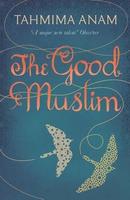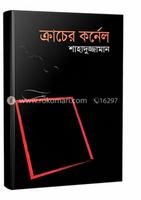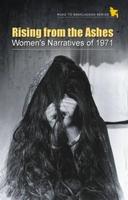Subject

photo credits: Wikimedia Commons
The Bangladesh Liberation War (Bengali: মুক্তিযুদ্ধ, pronounced [mukt̪iɟud̪d̪ʱo], also known as the Bangladesh War of Independence, or simply the Liberation War in Bangladesh) was a revolution and armed conflict sparked by the rise of the Bengali nationalist and self-determination movement in East Pakistan, which resulted in the independence of Bangladesh. The war began when the Pakistani military junta based in West Pakistan—under the orders of Yahya Khan—launched Operation Searchlight against the people of East Pakistan on the night of 25 March 1971, initiating the Bangladesh genocide. In response to the violence, members of the Mukti Bahini—a guerrilla resistance movement formed by Bengali military, paramilitary and civilians—launched a mass guerrilla war against the Pakistani military, liberating numerous towns and cities in the war's initial months. At first, the Pakistan Army regained momentum during the monsoon, but Bengali guerrillas counterattacked by carrying out widespread sabotage, including through Operation Jackpot against the Pakistan Navy, while the nascent Bangladesh Air Force flew sorties against Pakistani military bases. India joined the war on 3 December 1971, after Pakistan launched preemptive air strikes on northern India. The subsequent Indo-Pakistani War involved fighting on two fronts; with air supremacy achieved in the eastern theatre, and the rapid advance of the Allied Forces of Mukti Bahini and the Indian military, Pakistan surrendered in Dhaka on 16 December 1971, in what remains to date the largest surrender of armed personnel since the Second World War.Rural and urban areas across East Pakistan saw extensive military operations and air strikes to suppress the tide of civil disobedience that formed after the 1970 election stalemate. The Pakistan Army, backed by Islamists, created radical religious militias—the Razakars, Al-Badr and Al-Shams—to assist it during raids on the local populace. Members of the Pakistani military and supporting militias engaged in mass murder, deportation and genocidal rape, pursuing a systematic campaign of annihilation against nationalist Bengali civilians, students, intelligentsia, religious minorities and armed personnel. The capital, Dhaka, was the scene of numerous massacres, including the Dhaka University massacre. Sectarian violence also broke out between Bengalis and Urdu-speaking Biharis. An estimated 10 million Bengali refugees fled to neighbouring India, while 30 million were internally displaced.The war changed the geopolitical landscape of South Asia, with the emergence of Bangladesh as the world's seventh-most populous country. Due to complex regional alliances, the war was a major episode in Cold War tensions involving the United States, the Soviet Union and the People's Republic of China. The majority of member states in the United Nations recognised Bangladesh as a sovereign nation in 1972. Source: Wikipedia (en)
Works about Bangladesh Liberation War 7
Works based on Bangladesh Liberation War 1
Subject - wd:Q371394


